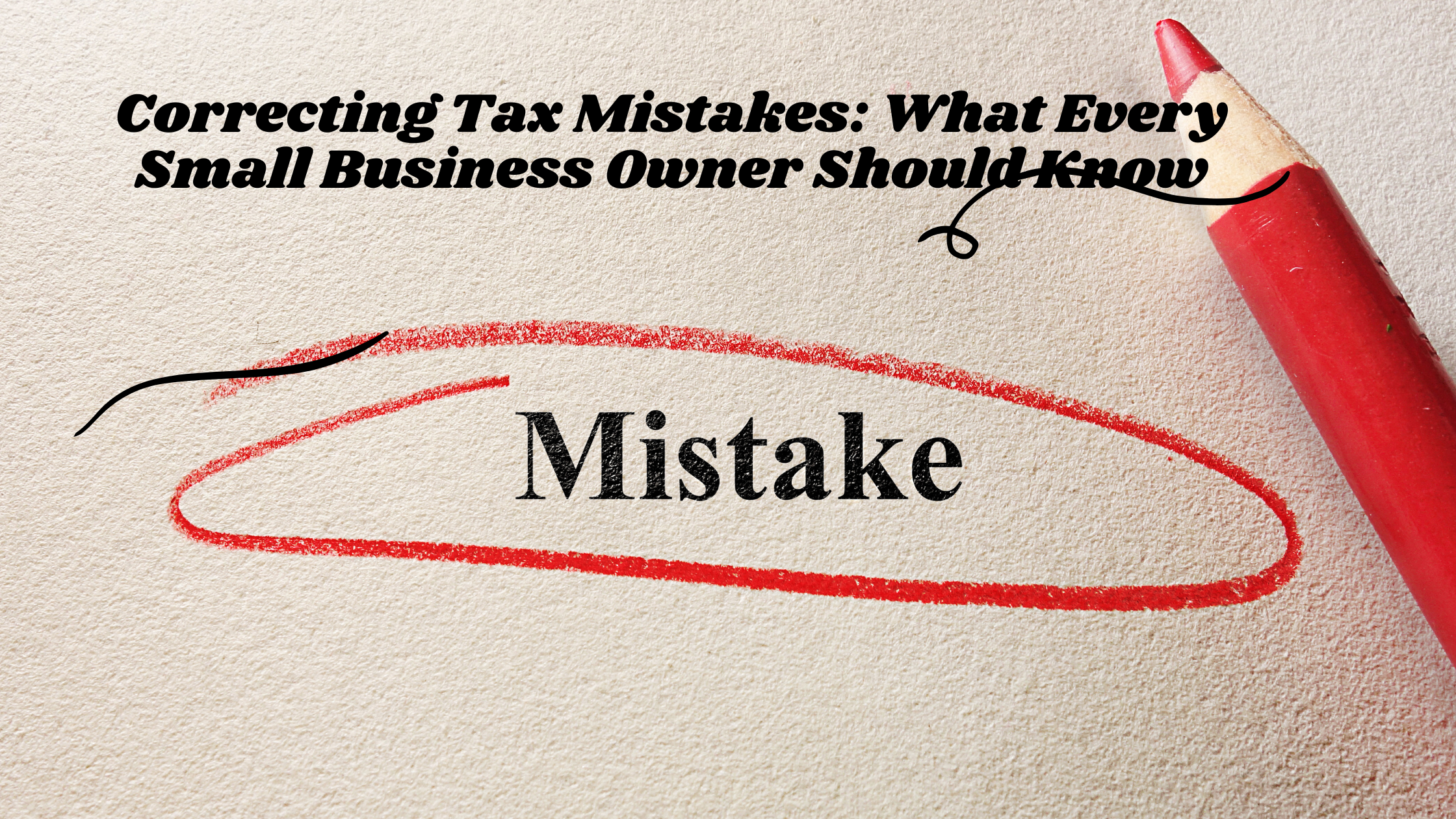Disclaimer: FAS Bookkeeping and Tax Services is providing this article as a public educational piece. Reference to any specific product or entity does not constitute an endorsement or recommendation by FAS Bookkeeping and Tax Services. FAS Bookkeeping and Tax Services will not be held liable for any damages incurred by using the specific products mentioned in the article.
Tax Considerations as a Canadian Working in the US
Planning on relocating to the US for new work opportunities? Or simply heading out for a work assignment that might take a few months? Before you do, make sure you understand the tax implications before you go. So here are some Tax Considerations as a Canadian Working in the US!

TAX STATUS
Before you leave the great white north, don’t forget to check up on your tax status as part of your tax considerations on your trip. The tax implications of a temporary or permanent work opportunity can be considerable and far-fetching.
Here are the tax considerations you need to know to avoid unnecessary headaches and be able to truly enjoy your time abroad.
RESIDENCY STATUS
According to the Canada Revenue Agency (CRA), your residency status determines your income tax obligations to Canada and you should be wary of this tax consideration as a Canadian working in the US.
Canadian residents are taxed on income they earn anywhere in the world, while non-residents are only taxed on income earned in Canada. If you spend time outside Canada but are still deemed a Canadian resident for tax purposes, you could owe federal and provincial or territorial tax on your worldwide income. This becomes confusing for some Canadians working in the US.
Establishing Canadian residency in the eyes of the government is less arduous than you might imagine. The CRA determines status on a case-by-case basis and will consider many factors in evaluating your Canadian residential ties, including whether you have a Canadian home, spouse or common-law partner, dependents, or personal property. The amount of time you spend in Canada and your intentions regarding future travel or permanent location, as well as whether you have Canadian bank accounts or a driver’s license can affect the agency’s decision.
Factual Resident or Deemed Resident?

The CRA classifies 2 types of residents.
A factual resident is someone who maintains ‘significant residential ties to Canada, even while abroad.
To visualize, let’s say you travel to Texas for a 6-month work contract, but spend the rest of the year in Calgary, and you keep your Canadian house and bank accounts, you could be considered by the CRA as a Factual Resident.
Deemed Residents on the other hand covers those who do not have ‘significant residential ties’ but are still considered as residents because:
- They are a ‘government employee, member of the Canadian Forces including overseas school staff, or working under a Canadian International Development Agency assistance program’ or a family member of ‘an individual who is in one of these situations’ or
- They ‘sojourned in Canada for 183 days or more in the tax year does not have significant ties with Canada, and are not considered a resident of another country under the terms of a tax treaty between Canada and that country.’
Non-resident for tax purposes
In general, non-residents are those who don’t maintain strong enough residential ties with Canada to be considered residents. If you spend fewer than 183 days in Canada during a tax year, or If you’ve severed residential ties, you might fall into this category.
Non-residents are still obligated to pay withholding tax on income from Canadian sources, including but not limited to the RRSP/RRIF withdrawals and other investment income.
If you are labeled as a non-resident, you could be liable for what they call the ‘departure tax’. This tax is calculated at your marginal rate on the taxable gains you would earn if you sold all of your Canadian assets.
If you’re a deemed or factual resident of Canada, but also considered as a resident of another country that has a tax treaty with Canada, you fall into the category of deemed non-resident. That means that you are obliged to follow the same tax rules as non-residents of Canada and all appurtenant rules indicated in the tax treaty.
U.S. Resident Formula
Canadians living and working in the U.S. for parts of a year might owe U.S. taxes. The ‘substantial presence’ test looks at how much time you’ve spent in the States over the past 3 years.
Here’s what you should know about it:
- Each day spent in the States in the current calendar year counts as 1 day.
- Each day spent in the States in the previous calendar year counts as 1/3 of a day.
- Each day spent in the States the before that counts as 1/6 of a day.
If added all together and you come up with 183 days or more, and if you’ve spent at least 31 days in the U.S. in the current year. It means that you’ll be deemed a U.S. resident for tax purposes and you are taxed on your worldwide income.
Lucky for you, the U.S. and Canada has a tax treaty in place. You may be able to use foreign tax credits to reduce or eliminate double taxation.
Taking the time to research the tax considerations before you head abroad can provide you with an accurate understanding of your tax status. However, tax compliance is a bit tricky no matter how much time you spend researching your tax liabilities. It is best to consult a professional for tax-related matters especially if it includes going abroad. It’s a great thing that we are here to help you navigate your international tax compliance. Let our experienced Enrolled Agent help you with what you need to know!
Disclaimer: FAS Bookkeeping and Tax Services is providing this article as a public educational piece. Reference to any specific product or entity does not constitute an endorsement or recommendation by FAS Bookkeeping and Tax Services. FAS Bookkeeping and Tax Services will not be held liable for any damages incurred by using the specific products mentioned in the article.





